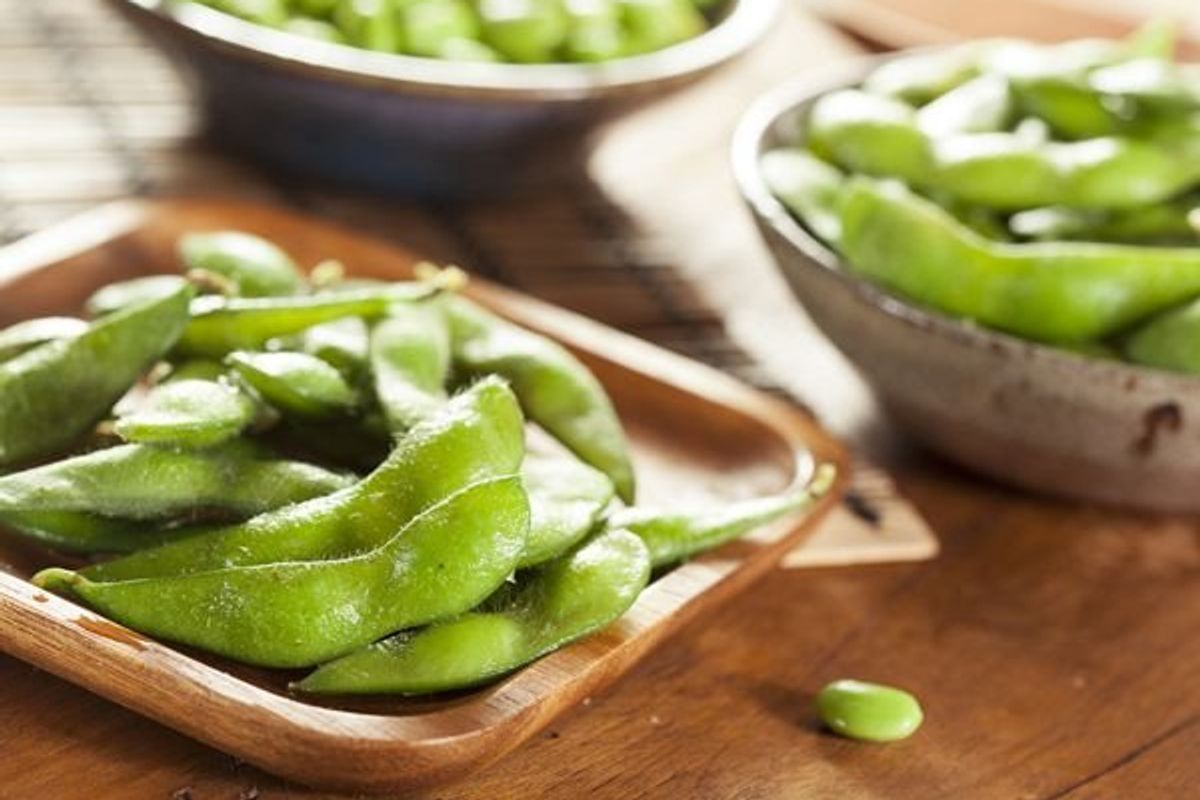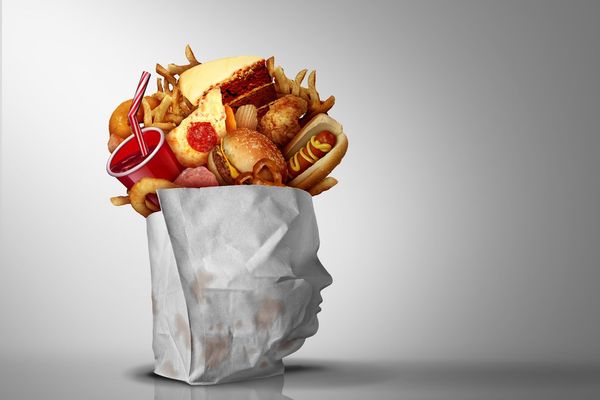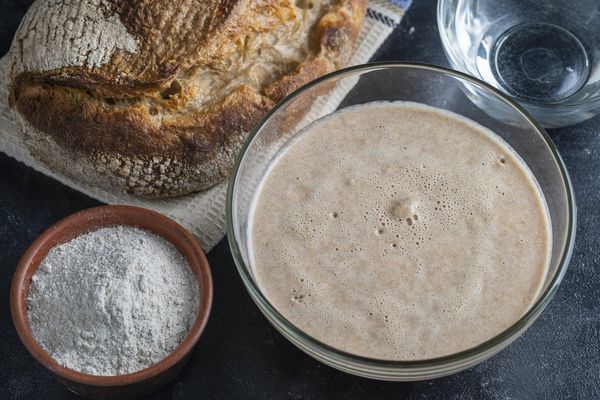Eat soy. Don't eat soy. Soy is healthy. Soy is dangerous and should be avoided at all costs.
Soybeans and most soy foods (like tofu, tempeh and soy milk) are high in protein and isoflavones and low in saturated fat. Soy has played a role as a dietary staple in Asia and dates back many centuries.
So, what's the problem with soy? Although there are many health claims about it—research supports that soy in your diet can lower cholesterol and may reduce your risk of heart disease—its consumption is not without controversy.
The basis of the controversy surrounding soy stems mainly from the phytoestrogens it contains. Otherwise known as isoflavones or isoflavanoids, these may be a concern for people with, or at high risk for, breast cancer. The fear is that because the structure of isoflavones is similar to estrogen—and estrogen can, in some people, promote breast cancer—the body might recognize these isoflavones as estrogen.
What makes this especially complicated is that some experts previously believed that soy was protective against breast cancer. Asian women had much lower rates of breast cancer than American women. Because soy is widely consumed in Asian countries—Japanese women's intake of isoflavones is approximately 700 times that of U.S. Caucasians—there might be an association between high soy consumption and a reduced risk of breast cancer, researchers surmised.
But detractors say that this doesn't necessarily correlate to women in this country. Many Asian women eat soy daily starting very young; they also consume less fat and meat and eat more grains and vegetables than do American women. And, they're generally more physically active, with less body fat.
But there is this: A recent study that combined data from other studies found that women in Asian countries who ate the most soy isoflavones had a 24 percent lower risk of developing breast cancer.
Complicated, yes, so I went online to check out what the American Cancer Society has to say. Alas, its commentary backs up the confusion: "Research on soy and cancer is highly complex, controversial, and evolving."
Much of the cancer research, they say, has been performed on rodents. Rather than using soy foods, they used isolated soy compounds (like soy protein isolate) or high doses of isoflavones, which are compounds found in soy. Additionally, soy is metabolized differently in humans than in mice and rats.
The few studies that have been done in the United States to measure purified forms of soy used in the food supply, including in energy bars and soy hot dogs, do not suggest that the soy is harmful, according to the American Cancer Society.
It's important to note that although isoflavones may act like estrogen, they also contain anti-estrogen properties, meaning they can block natural estrogens in the body from binding to an estrogen receptor (like a breast or uterus). Aside from this, isoflavones have both antioxidant and anti-inflammatory properties and can work in other ways to reduce cancer growth.
The American Cancer Society's final verdict:
"Until more is known, if you enjoy eating soy foods, the evidence indicates that this is safe, and may be beneficial (but note that miso, a fermented soy product, is high in sodium). It is prudent to avoid high doses of isolated soy compounds found specifically in supplements, as less is known about their health effects. As for other 'hidden' sources of soy proteins, the evidence to date does not suggest harm or benefit. However, if you are concerned about these products, you can choose to avoid them."
All said, it is a good idea to go ahead and drink some soymilk, snack on some edamame and enjoy the occasional soy hot dog. But until further research is done, stay away from soy supplements.







